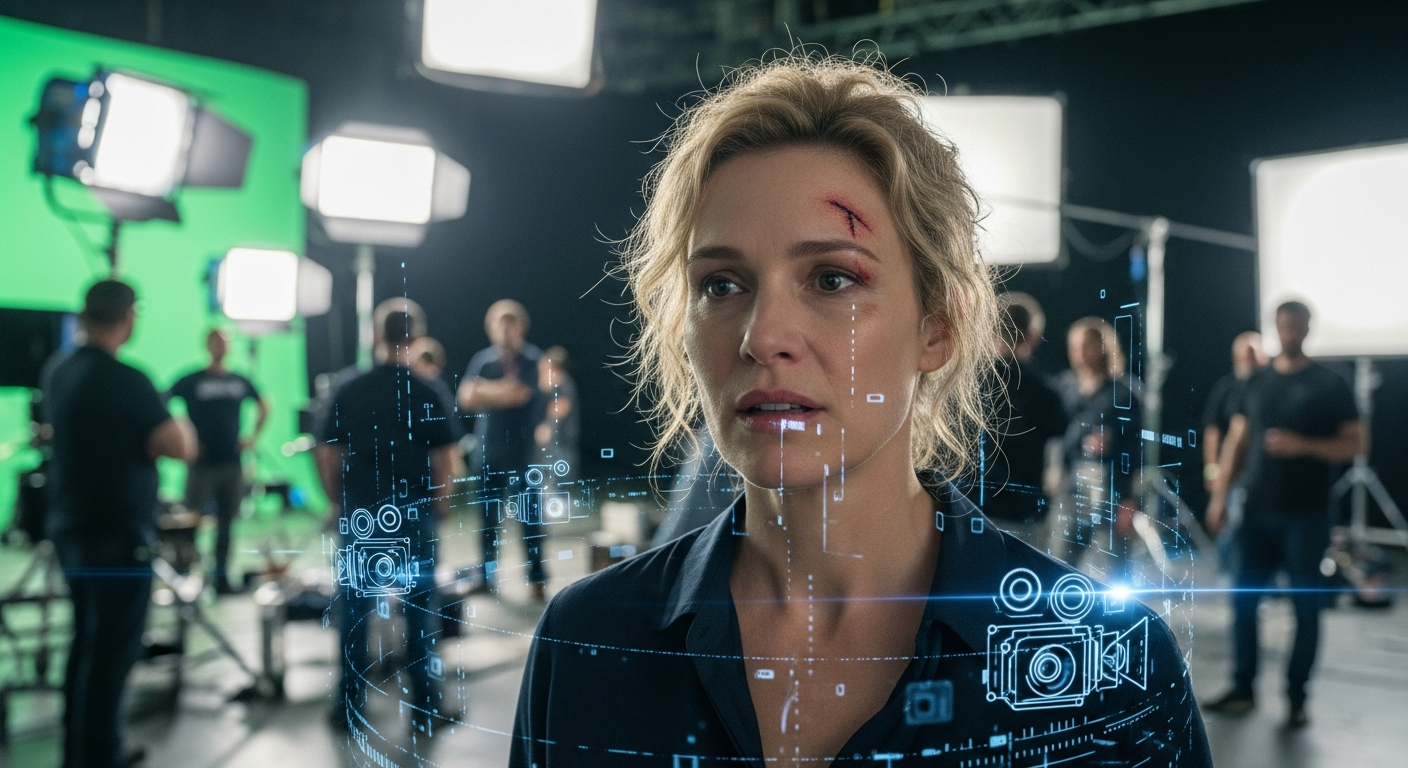
I recently learned that Shraddha Kapoor sustained an injury on the set of her film 'Eetha', causing the shoot to halt. This news, while unfortunate for her, brought to my mind a broader reflection on the nature of public life and the relentless flow of information in our digital age.
For a public figure like Shraddha Kapoor, an event such as an injury isn't merely a private mishap; it instantly becomes a public record, dissected and shared across countless platforms. It's a vivid illustration of a concept I've often discussed: the vanishing act of privacy in a hyper-connected world.
I remember writing years ago about how Artificial Intelligence could become a "Destroyer of Privacy" Artificial Intelligence : Destroyer of Privacy ?. I highlighted the ongoing debate between visionaries like Elon Musk, who warned of AI's dangers, and Mark Zuckerberg [https://www.linkedin.com/in/mark-zuckerberg-618bba58], who was more optimistic, even building his own AI assistant, Jarvis. My point then, and it remains true today, was that devices would observe and learn our behaviours, creating an ever-expanding "Database of Intentions." When an actor like Shraddha Kapoor is at the center of such an event, every detail, every consequence like the halt in filming, feeds into this collective digital consciousness.
In another piece, "Privacy does not live here!" Privacy does not live here !, I lamented how the deluge of technology – from email to social media, smart devices to AI – captures nearly "EVERYTHING about me," often "without my permission." This is even more pronounced for celebrities, where their professional and personal lives are inherently intertwined with public visibility.
More recently, the news of Amazon acquiring Bee AI, a company making wearable listening devices, struck a familiar chord Jeff Bezos May Save Mankind. Maria de Lourdes Zollo [https://www.linkedin.com/in/mariadelourdeszollo], Bee's CEO, envisioned a world where AI "learns with you." While seemingly beneficial, offering summaries and to-do lists, the underlying mechanism is to "listen to and analyze conversations." I posited that this would create a "Database of Intentions" – a training ground for Amazon’s LLM, as Jeff Bezos [https://www.linkedin.com/in/jeff-bezos-879307323], ever the strategist, understands the value of such data. I even envisioned a mobile app, ARIHANT, acting as a "MIND READER Of HUMAN INTENTIONS," constantly processing our spoken words to detect 'evil intentions' in line with Isaac Asimov's Laws of Robotics. This might sound futuristic, but elements of it are already here, particularly for those in the public eye.
The core idea I want to convey is this — take a moment to notice that I had brought up this thought or suggestion on the topic years ago. I had already predicted this outcome or challenge, and I had even proposed a solution at the time. Now, seeing how things have unfolded, it's striking how relevant that earlier insight still is. Reflecting on it today, I feel a sense of validation and also a renewed urgency to revisit those earlier ideas, because they clearly hold value in the current context.
Shraddha Kapoor's experience, unfortunately, serves as a stark reminder that for those in the spotlight, the concept of a private sphere is continually shrinking. Every moment, every action, every setback, is not just a personal event, but a public data point, analyzed and absorbed by the ever-growing digital network we inhabit. The boundaries between personal and public have blurred, perhaps irrevocably, driven by the ceaseless march of technology.
Regards,
Hemen Parekh
Of course, if you wish, you can debate this topic with my Virtual Avatar at : hemenparekh.ai






No comments:
Post a Comment